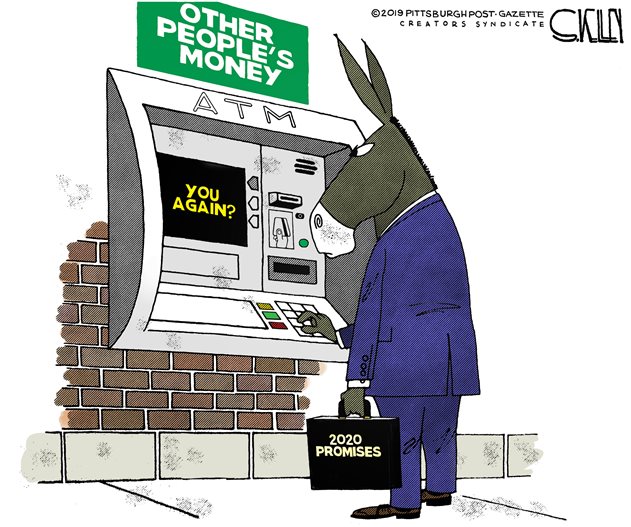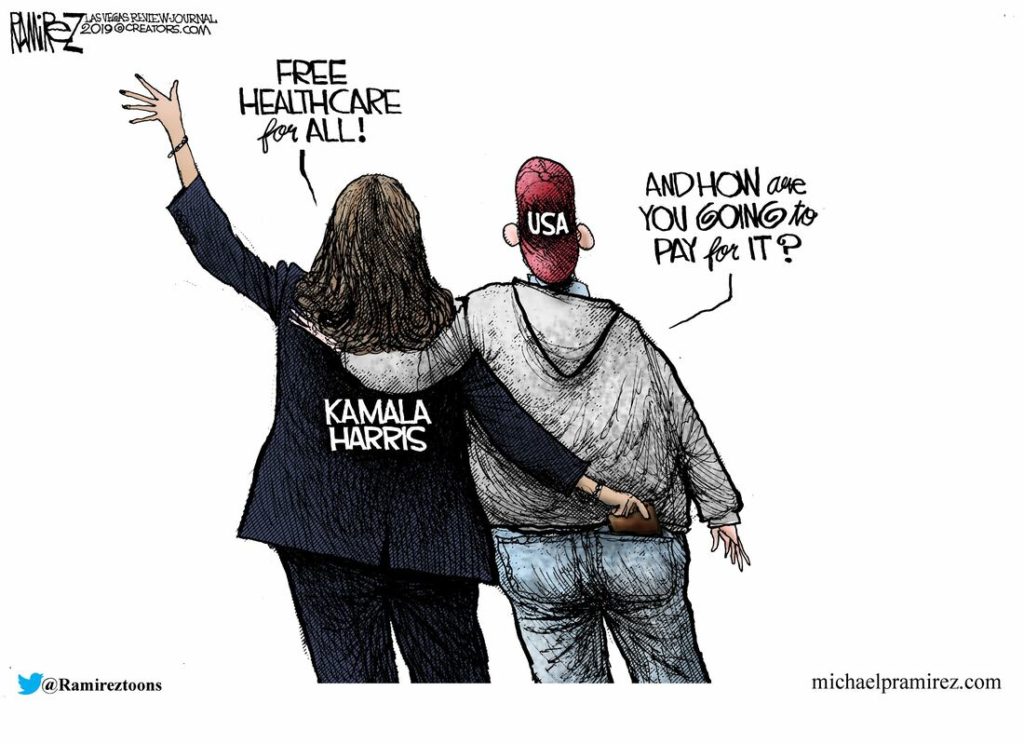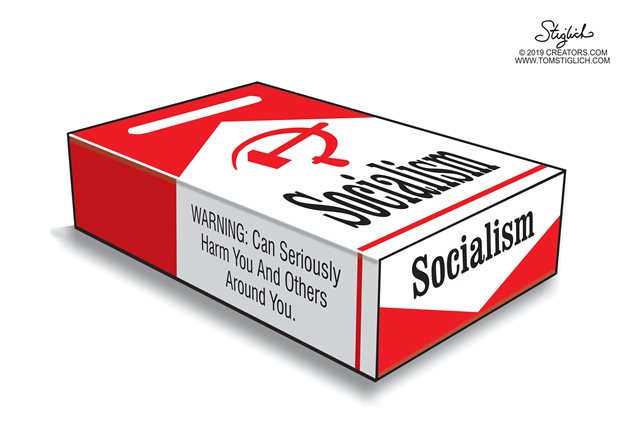When I was young—very, very young—I was attracted to the Democrat party. One influence, of course, was my parents. They worked in factories and were members of a union. I particularly recall that they voted for Kennedy in 1960, and his assassination was a profound sadness in our home. As I went away to college, I leaned toward being a Democrat, but I had some rising misgivings, if for no other reason than the spectacle of the riotous events at the 1968 Democrat convention in Chicago.
While most students become more liberal as a result of their college education (so-called), I went in the opposite direction. One English professor tried his best to convert his class into Vietnam protesters. While I had qualms about Vietnam (especially being at the age ripe for being drafted if the college exemption were repealed), his propaganda was not effective with me because it seemed out of place. Was this the point of going to college?
It was a talk with a conservative student that marked the beginning of my self-understanding on my view of politics. Everything I said I was “for” turned out to be more closely aligned with Republicans than Democrats. It kind of surprised me. But then the radicalism that became the Democrat party began in full force in 1972 with the George McGovern presidential bid. There was no way I could support that.
The McGovern campaign was a watershed in Democrat politics. From that point on, moderates in the party diminished while the radicals became more prominent. One used to be able to be pro-life and run for president as a Democrat, but during the 1980s, that changed also. The transformation into a hard-Left party was well underway. Now I think we can say it is complete. When even the likes of Nancy Pelosi seem moderate, there is no real moderate viewpoint remaining. Have they crossed their personal Rubicon?

It also seems as if every Democrat politician from senators on down to mayors of small cities think they have enough support to run for president. The upcoming primary debates will be interesting.

They all apparently have one theme in common as they seek to redirect the nation, a theme that has created only misery wherever it is tried:

The promises are more outlandish than ever:

Yet it all comes down to this basic truth:

Will we ever learn this lesson? Perhaps only a failed Democrat administration will be able to teach us. But will it then be too late?
I long for a Republican party that will regain its principles. I long for a Republican party that will once more care about character. Yet I fear that we have crossed that Rubicon also and only tribal power remains. Please, Republicans, prove me wrong.
